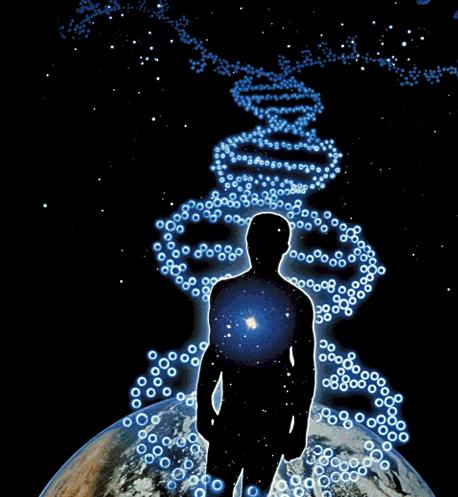Arthur Dobrin, D.S.W.

Freeing the mind of ill will and greed; avoiding untruthful, slanderous and abusive speech; and avoiding killing, stealing, and sexual misconduct—this is righteous conduct and the source of happiness, according to Buddha.
Confucianism makes similar points, although its emphasis is more familial and civic than the more personal Buddhist philosophy. In Chinese, jen is the word for the highest of human goods. It is “true personhood.” Jen also means “human being.” Goodness and humanity are represented with the same ideogram, making the link between what it means to be human and virtue perhaps stronger than it is anywhere else in the world.
I think Confucianism gets it right. You realize your own best self as you relate to others in a virtuous way. To be human means to embody virtue. Throughout its long history, this indissoluble link has rested at the center of Chinese civilization, although often abused.
Confucius recognized that human flourishing was possible only within an ethical environment. Individuals should strive for perfection within their set of relations. This means the proper, deferential but reciprocal treatment of family, neighbors, and rulers. No one was exempt from this expectation, especially not rulers. Heaven withdrew its mandate to rule when a king or emperor became corrupt or selfish. The moral order of the universe required that the supreme ruler act in a virtuous way. This was the Mandate of Heaven—the right to rule granted by Heaven.
In practice this meant that the role of government was to provide for conditions to allow for the happiness of the common person. This came about through reasonable taxes, peace, and fair punishment for criminals. Failing the public indicated Heaven’s disfavor and therefore undermined the emperor’s moral right to rule. The theory of the Mandate of Heaven also offered a justification for overthrowing corrupt rulers.For those who reject the idea of a corrupt and incorrigible human nature, happiness requires being true to the principles of your nature (to be a virtuous person) and applying those principles to others. When this is realized, harmony is achieved. And it is when things are as they should be—when conflict or friction is minimized—people can flourish. That flourishing is what is meant by happiness. And the way to that goal was through the practice of four key virtues: sincerity, benevolence, filial piety, and propriety. It is the fulfillment of human nature in the context of the social world that leads to a harmonious and therefore happy life.
Ultimately, Confucianism became encrusted and inflexible and needed to be subjected to revisions. Filial piety was reduced to obedience to one’s father. But the virtues espoused are still valid and, if adopted, would likely lead to increased happiness in the world.








